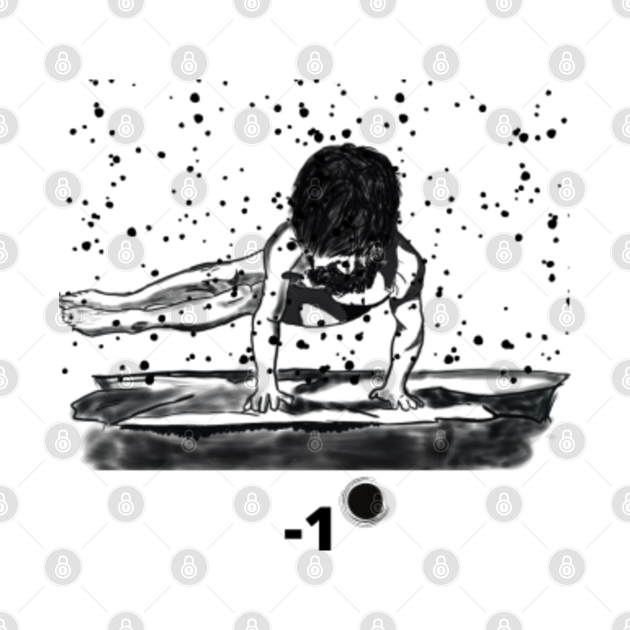

Randomization was performed using computerized random numbers within a custom-made Hypertext Preprocessor (PHP) scripted web-based application for online surveys, without applying block randomization or stratification methods. After informed consent, eligible participants were randomized to one of four groups (1:1:1:1). Subjects were asked to answer the question: “Do you have a medical condition?” Careful screening was done for any severe cardiac, pulmonary or other systemic comorbidity at the investigator’s judgement. Significant comorbidity was defined by either a subject’s positive answer to the self-assessment question: “Do you have a severe medical condition to the heart or lungs?” or at investigator’s judgement of the subject’s self-reported medical conditions. Exclusion criteria were primarily self-assessed. As no harmful effects of cold showering have previously been reported, the only exclusion criterion was significant comorbidity, including cardiac, pulmonary or any other severe disease. Participants were adults aged 18–65 without routine experience of (hot-to-) cold showering who were employed when they entered the study. The authors confirm that all ongoing and related trials for this intervention are registered.
Richard ayling wim hof method trial#
Being exempt from formal medical ethical review as it was considered non-medical research, this non-clinical trial was not registered in a clinical trial registry before recruitment of the first participant but on June 25th 2015 prior to data analysis (August 5 th-September 13 th 2015) with The Netherlands National Trial Register (NTR), approved by the WHO, number NTR5183. The study protocol was approved by our institutional review board based on ethical considerations (September 3 rd 2014, Academic Medical Center, Amsterdam, The Netherlands). The primary aim was to look at any effect of a routine cold shower and the secondary aim was to look at dose-dependency effects. The study was designed as a pragmatic trial and compliance to the intervention could not be verified. Written informed consent was obtained from all participants. Inclusion, randomization and data collection were all performed via a web based application using surveys only. Between December 7 th and December 30 th 2014, we recruited participants through advertisements and (social) media. This parallel group, unblinded, randomized controlled trial was designed following CONSORT guidelines and took place in The Netherlands, named the Cool Challenge. A dose response relationship was investigated by varying in the duration of the cold shower. Secondary objectives were to determine whether there was any effect on quality of life, work productivity and anxiety as well as adverse reactions. The primary objective of this trial was to determine whether perceived illness could be modulated after repeated pragmatic cold exposure by taking a cold shower for at least 30 consecutive days. However, the cumulative clinical effect and relevance for health after adaption of cold exposure (response conditioning) in healthy humans remain speculative as randomized controlled trials are lacking. Previous investigations on the short-term effects of cold exposure have shown increases of cortisol and norepinephrine concentrations with modulation of the physiological response but showed minimal or no immune modulation.

In modern times, the traditional ritual of the frigidarium has been kept in most saunas and spas around the world.Ĭold bathing has been claimed to have multiple beneficial effects on health such as improvement of the immune system, cardiovascular circulation and vitality, but any true association remains unclear.
Richard ayling wim hof method series#
In ancient times, Roman bathing was based around the practice of moving through a series of heated rooms culminating in a cold plunge at the end. Ever since the introduction of civilized bathing, humans have experimented with water temperature variation to expose the body to extreme conditions. Cold bathing is a common custom in many parts of the world.


 0 kommentar(er)
0 kommentar(er)
